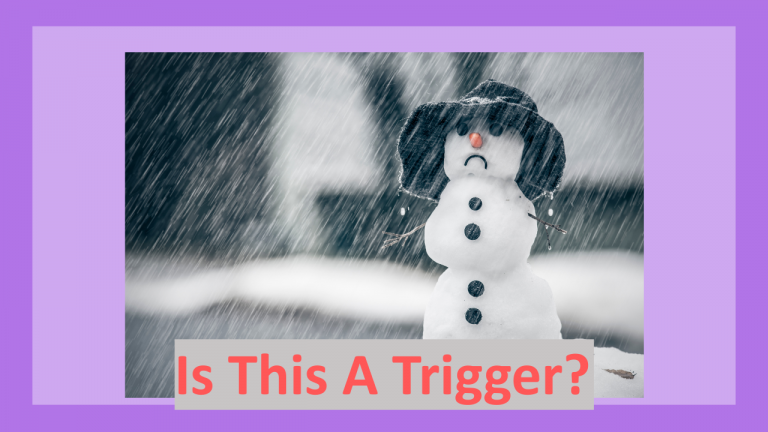An exploration of why different alters in a dissociative system may fear or oppose healing, and why understanding those concerns supports safer recovery...
A trauma-informed look at why healing is often messy and nonlinear, and how misunderstanding this can lead to unnecessary shame or self-doubt...
An exploration of why protectors often oppose healing in dissociative systems, focusing on safety, predictability, and fear of change rather than resistance or sabotage...
An exploration of trauma-informed alternatives to goal-setting, including why values-guided movement can be safer and more regulating for dissociative systems...
Explains why survivors of complex childhood trauma may struggle with decision-making, reframing indecision as protection rather than weakness...
A trauma-informed guide to using January as a time for recovery and reset rather than pressure, productivity, or reinvention...
A trauma-informed exploration of why January can feel overwhelming for dissociative systems—and how prioritizing recovery over resolutions can support long-term healing...
An explanation of why January often feels exhausting and overwhelming for trauma survivors after the demands of the holiday season...
Understanding weather as an often-missed trauma trigger that can affect mood, safety, and sense of self...









